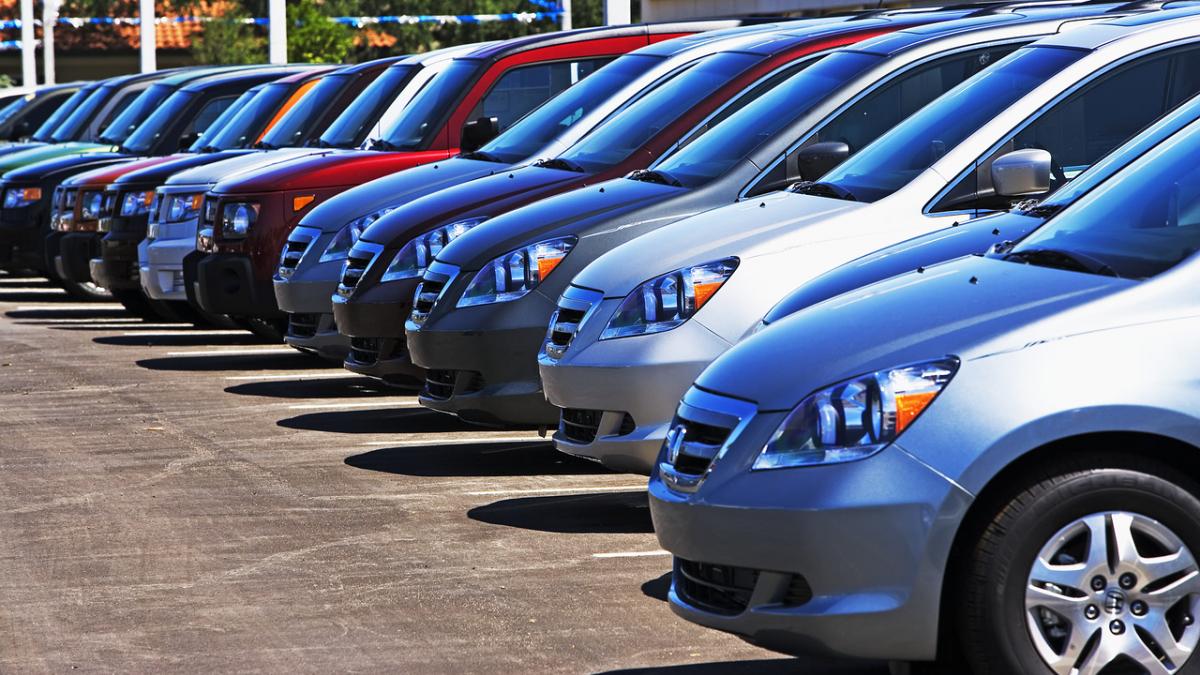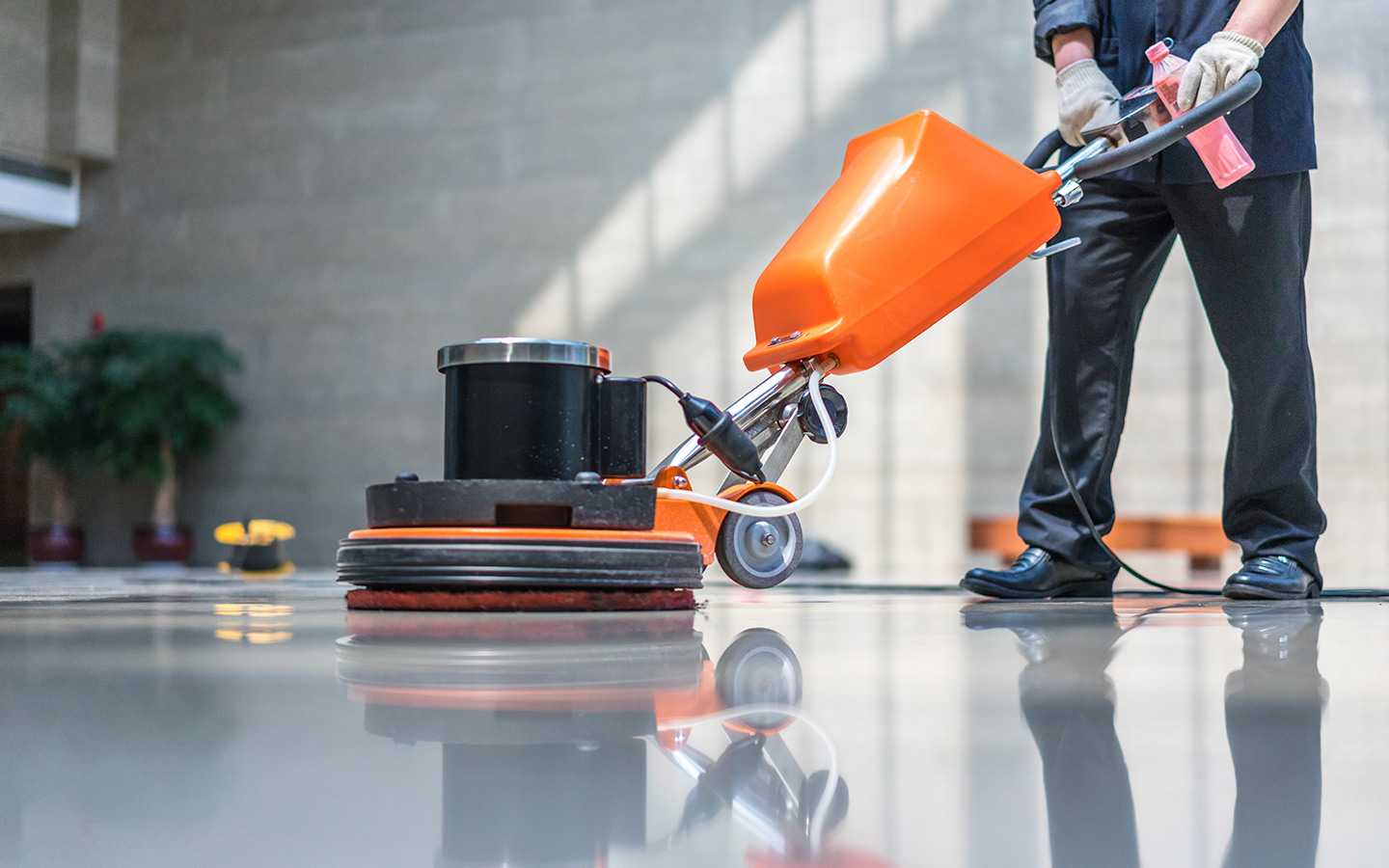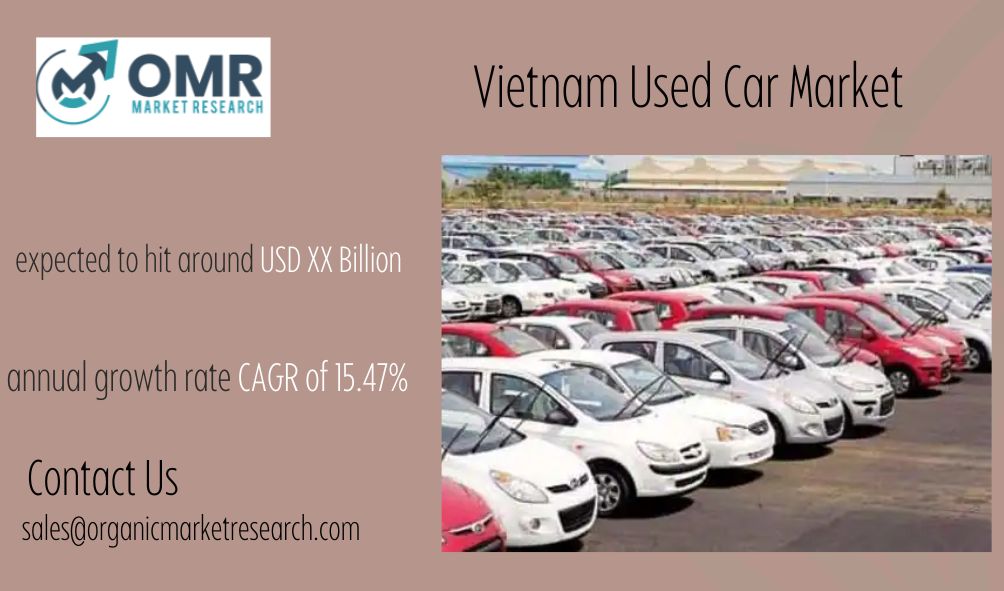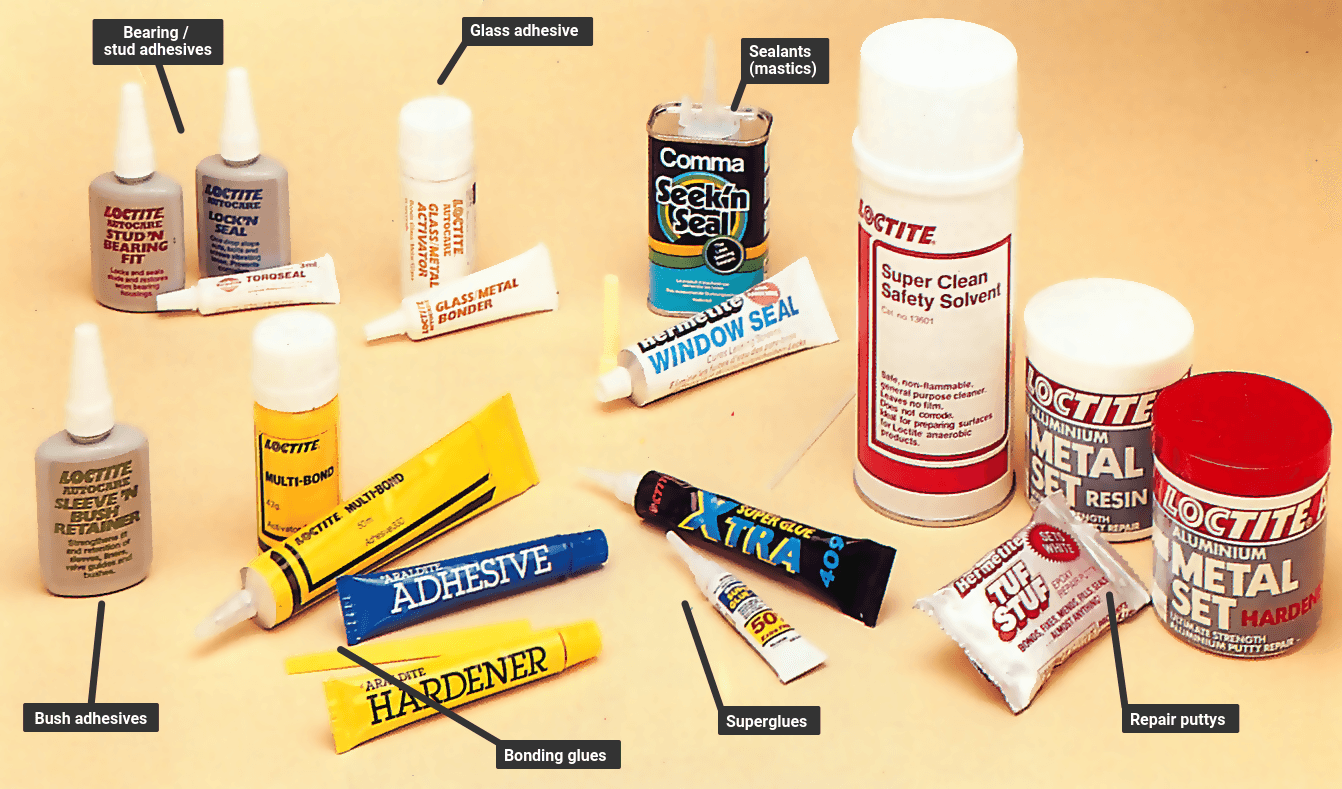South Korea Automotive Electric Actuators System market size was USD xx billion in 2023 and the market is projected to touch USD xx billion by 2032, at a CAGR of xx% during the forecast period. The automotive electric actuators system refers to creating and selling devices that control different functions in vehicles, like opening and closing valves, adjusting mirrors, and operating throttle systems. These electric actuators are more efficient and precise than traditional mechanical systems, and are essential for improving vehicle performance, safety, and comfort. South Korea, a leader in the automotive industry, has experienced a surge in the need for electric actuators because of the growing popularity of electric and hybrid vehicles, as well as the increasing demand for automated and connected vehicles.
The automotive electric actuators system market in South Korea has seen significant growth in recent years. This growth has been fuelled by factors such as advancements in technology, government encouragement for adopting electric vehicles, and a shift in consumer preferences towards environmentally friendly transportation options. Electric actuators bring advantages like increased fuel efficiency, lower emissions, and better vehicle manoeuvrability. Additionally, automakers can incorporate advanced features like autonomous driving and smart connectivity systems into their vehicles with the help of electric actuators, leading to further expansion of the market. Ongoing research and development are focused on improving the performance and reliability of electric actuators, which is anticipated to drive market growth in South Korea and offer profitable prospects for industry participants.

South Korea Automotive Electric Actuators System report scope and segmentation.
South Korea Automotive Electric Actuators System dynamics
The automotive electric actuators market in South Korea is influenced by different factors that are constantly changing. One important factor driving this market is the increasing emphasis on environmental sustainability and fuel efficiency. Due to the growing concerns about pollution and climate change, there is a rising need for electric and hybrid vehicles in South Korea. This in turn directly impacts the demand for electric actuators. Furthermore, stringent government regulations aimed at decreasing carbon emissions and encouraging clean energy solutions also play a significant role in the increasing adoption of electric actuators in vehicles.
In addition, advancements in technology are crucial in influencing the market trends. The constant improvements in electric actuator technology result in better performance, reliability, and efficiency, which appeal to both car manufacturers and buyers. The inclusion of cutting-edge features such as autonomous driving and smart connectivity systems further boosts market expansion by enhancing the driving experience. Additionally, the South Korean automotive sector’s focus on research and development guarantees a consistent flow of innovations, making the market lively and competitive. Still, issues like the heavy upfront expenses and the requirements for building infrastructure for electric cars could slow down market expansion a bit.
South Korea Automotive Electric Actuators System drivers
Growing Demand for Electric and Hybrid Vehicles
The growing focus on protecting the environment and cutting down on carbon emissions has resulted in a strong interest in electric and hybrid vehicles in South Korea. These vehicles rely on advanced electric actuators to manage different operations like valve adjustments and throttle systems, which has boosted the demand for automotive electric actuators. Additionally, government support and regulations promoting clean energy transportation options are driving the market for electric actuators.
Government Incentives and Policies
The South Korea Automotive Electric Actuators System market is greatly influenced by government incentives and policies that promote electric and hybrid vehicles. In South Korea, measures like tax breaks, subsidies, and special benefits for electric vehicle purchasers are aimed at encouraging people to opt for environmentally friendly transportation. Moreover, stringent regulations on vehicle emissions and fuel efficiency also push automakers to focus on electric and hybrid vehicle advancements, leading to a growing demand for electric actuators. The government’s dedication to decreasing carbon emissions and supporting clean energy solutions is helping the electric actuators market to thrive. This provides manufacturers with the chance to take advantage of the growing interest in electric vehicles and their parts.
- Restraints:
High Initial Costs
One major obstacle facing the South Korea Automotive Electric Actuators System market is the high upfront costs of electric actuators. Even with the long-term advantages they provide, like better fuel efficiency and lower maintenance expenses, the initial investment needed for their installation can be significant. This might discourage certain car manufacturers and buyers from embracing electric actuators, especially in a market focused on cost-effectiveness.
Infrastructure Development Challenges
The growing use of electric cars, which heavily depend on electric actuators, calls for a strong charging network to be established throughout South Korea. The lack of infrastructure, such as charging points and grid capacity, presents a major obstacle to the expansion of the electric vehicle industry and the need for electric actuators. the expansion of charging infrastructure must align with the pace of electric vehicle adoption to ensure seamless integration and accessibility for consumers. Coordinated efforts are essential not only in the deployment of charging stations but also in enhancing grid capacity to support the increased demand for electricity.
- Opportunities:
Rapid Urbanization and Smart City Initiatives
The rapid urbanization of South Korea and government efforts to create smart cities are opening up great opportunities for the Automotive Electric Actuators System market. As cities become more technologically advanced and interconnected, there is a rising demand for vehicles that have electric actuators to enable features such as autonomous parking and traffic management systems. Manufacturers who tailor their product development to meet the changing requirements of smart cities can take advantage of these opportunities and increase their market share.
- Segment Overview
By vehicle type, the South Korea Automotive Electric Actuators market is segmented into commercial and passenger vehicles. Commercial vehicles, including trucks, buses, and vans, require electric actuators for various applications such as cargo door operation, brake systems, and throttle control. These actuators are built to handle tough conditions and deliver consistent performance. In contrast, passenger cars use electric actuators for tasks such as adjusting seats, controlling brakes, and operating power windows. The focus is usually on improving passenger comfort, safety, and convenience with accurate and responsive actuator systems.
By application type, the market is segmented into Seat Adjustment Actuator, Brake Actuator, Throttle Actuator, Closure Actuator, and Other. Seat adjustment actuators enable passengers to customize their seating positions for optimal comfort, incorporating features like lumbar support and memory settings. Brake actuators are essential for keeping vehicles safe by managing brake pressure and responsiveness, making sure braking is smooth and dependable. Throttle actuators help control the engine’s air intake, which improves fuel efficiency and overall engine performance. Closure actuators handle the opening and closing of different parts of the vehicle, like doors and hoods, adding convenience and security for users.
South Korea Automotive Electric Actuators System market competitive landscape
Local companies such as Mando Corporation and Hyundai Mobis Co., Ltd., leverage their extensive industry experience and technological expertise to offer a wide range of electric actuators tailored to the needs of domestic and country automotive manufacturers. These companies benefit from strong partnerships with major automakers and a deep understanding of the local market dynamics. Additionally, multinational corporations like Robert Bosch GmbH and Continental AG compete fiercely by leveraging their country presence, diversified product portfolios, and advanced R&D capabilities. The players in this industry are dedicated to creating advanced electric actuator solutions that keep up with the changing needs of the automotive sector. With competition heating up, companies in South Korea are continuously innovating and diversifying their products to stay ahead in this fast-paced industry.
South Korea Automotive Electric Actuators System Recent Developments
- April 2022, Hyundai Oilbank and Lotte Chemical embarked on a collaborative project situated 50 miles from Seoul. This venture involves the establishment of a new facility aimed at producing 750,000 tons of ethylene, 750,000 tonnes of polyethylene, and 400,000 tons of propylene annually. These chemicals serve as vital components in the manufacturing of plastics and synthetic rubber, which, are utilized in various industrial applications including automotive parts, packaging, and piping. Particularly, actuators have been integrated into the cracking units within the plant to regulate the flow of oil, which serves as the primary feedstock at the core of the production process.
South Korea Automotive Electric Actuators System report segmentation
In case you don’t find what, you are looking for, please get in touch with our custom research team at
Latest Report
https://organicmarketresearch.com/germany-automotive-camera-market
https://organicmarketresearch.com/europe-electric-toothbrush-market
https://organicmarketresearch.com/europe-electric-toothbrush-market
https://organicmarketresearch.com/middle-east-and-africa-dental-equipment-market
Contact Us
+91 9319642100
sales@organicmarketresearch.com
Noida One Tower Sec 62 Noida 201301
Website: https://organicmarketresearch.com













